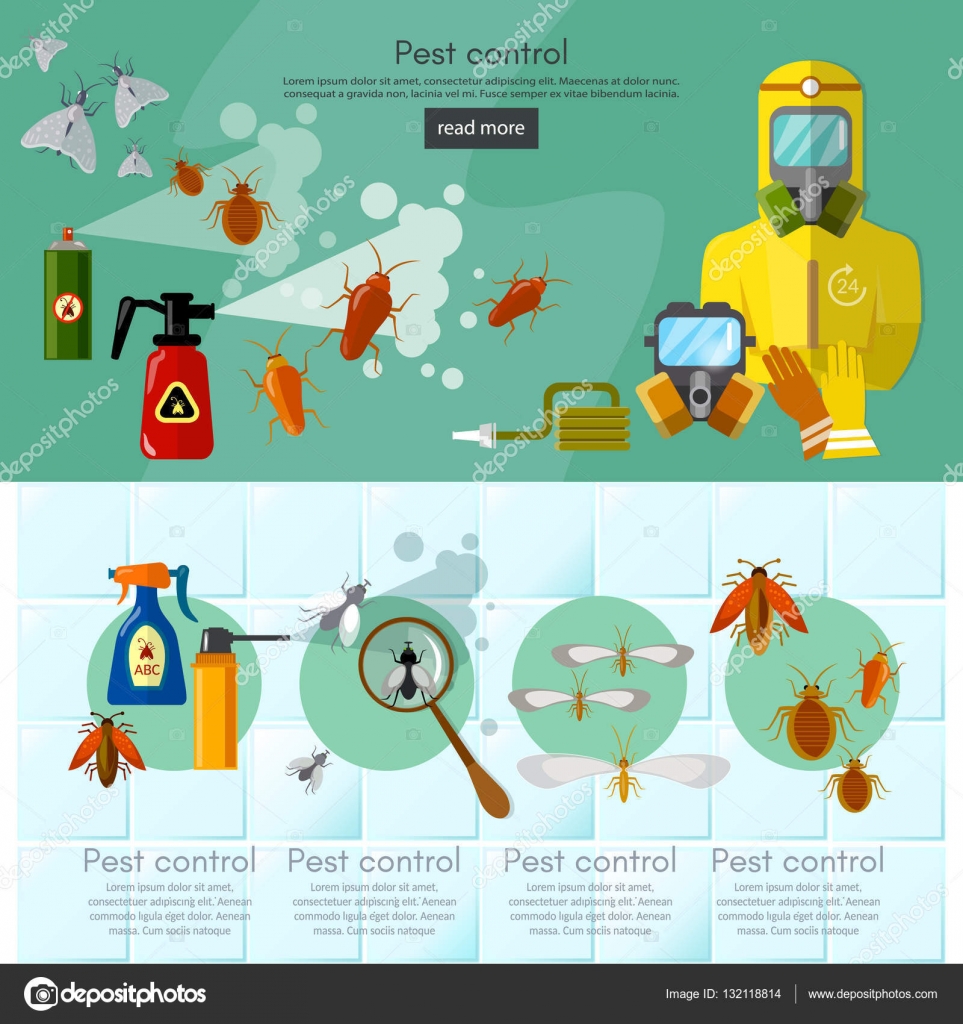The Function Of Bug Control In Food Safety And Security And Hygiene
The Function Of Bug Control In Food Safety And Security And Hygiene
Blog Article
Created By-Franklin Tanner
Are you aware of the surprise risks that bugs present to the security and hygiene of your food? From rats to bugs, these undesirable site visitors can contaminate your active ingredients, surfaces, and storage locations.
This post discovers the critical function of pest control in preserving the highest possible criteria of food safety and security and hygiene. Discover reliable methods and avoidance measures that will certainly aid you secure your business, clients, and credibility.
Do not allow pests endanger the top quality of your food.
The Effect of Insects on Food Security and Health
In your kitchen, parasites can have a substantial effect on food security and hygiene. Breeding seasons , such as rodents, insects, and roaches, can pollute your food, surface areas, and tools with unsafe germs, viruses, and bloodsuckers. They can quickly access your cupboard, closets, and also your fridge, leaving droppings, urine, and hair.
Not just can they ruin your food by eating with product packaging, however they can additionally spread out conditions like Salmonella, E.coli, and Listeria. Imagine preparing a dish for your family, not aware that the active ingredients you're making use of are already contaminated.
It's critical to take prompt activity to stop and regulate pests in your cooking area. Routine cleaning, proper food storage, and expert pest control measures are important to make sure food safety and keep a sanitary environment in your kitchen area.
Reliable Pest Control Methods for the Food Sector
Implementing reliable insect control approaches is crucial for maintaining food safety and health in the food market. By implementing these methods, you can avoid pests from polluting the food and ensure that your items are secure for consumption.
One reliable method is to consistently examine and monitor your facility for indications of insect activity. This consists of monitoring for droppings, nests, or any damages caused by parasites.
It's additionally important to secure all entrance points to stop insects from entering the center. Normal cleansing and sanitation are important, as insects are drawn in to food deposit and spills.
In addition, appropriate waste administration is important to prevent the buildup of food waste that can bring in bugs.
Maintaining Hygiene Standards Via Pest Prevention Actions
To preserve hygiene criteria, you should routinely apply pest prevention procedures. By taking proactive steps to stop parasites from entering your food establishment, you can make sure the safety and security and sanitation of your properties. Below are some efficient insect prevention procedures to consider:
- Seal all cracks and holes: Pests can enter with also the tiniest openings. Frequently examine and seal any type of gaps in doors, windows, walls, and floors to maintain insects out.
- Proper waste monitoring: Deal with food waste immediately and safely in secured containers. This will minimize the tourist attraction of parasites and stop problems.
- Normal cleaning and disinfecting: Maintaining tidiness in your facility is important. Routinely tidy and disinfect all areas, paying unique interest to locations where parasites may hide or breed.
- Implement a tracking system: Frequently inspect your properties for indicators of bug activity. Install Rat Control , such as traps or sensors, to recognize and resolve any type of prospective problems early.
Verdict
So bear in mind, when it comes to food safety and security and health, pest control plays an essential duty.
By implementing effective pest control strategies and safety nets, we can ensure the highest standards of sanitation and security in the food industry.
Don't allow pests endanger the top quality of our food; allow's stand together and protect our health and well-being.
